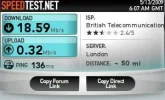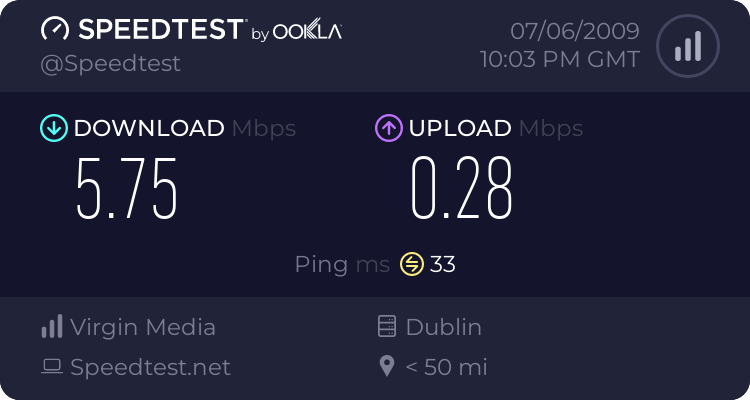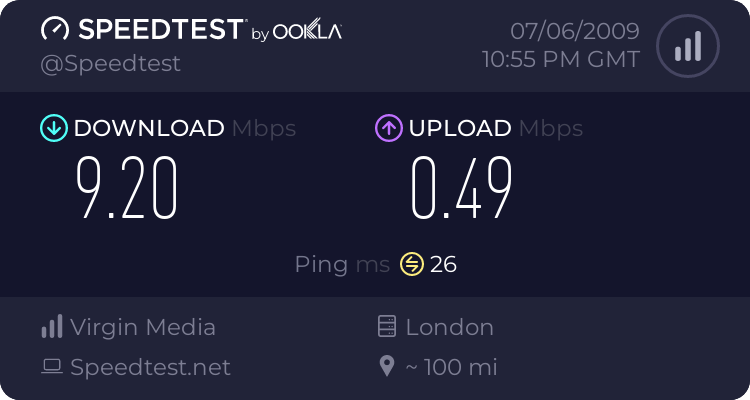Ian
Administrator
- Joined
- Feb 23, 2002
- Messages
- 19,873
- Reaction score
- 1,499
The BBC reports that the UK government has signalled its commitment to ensure that every household in the UK has access to 2Mbps broadband minimum. A handful of areas around the country are still without broadband at all, and some users are only able to get minimum speeds of around 512Kbps.
Earlier this year Lord Carter set out his interim recommendations for Digital Britain, in which he proposed a Universal Service for broadband. He recommended a minimum of 2Mbps, which the government has now backed.
The Treasury said the cost would be met in part by underspend from the BBC's promotion of Digital TV switchover. The government's backing of 2Mbps was contained in the Budget Report. Speaking to MPs at the House of Commons, the chancellor of the Exchequer Alistair Darling said: "It is vital to ensure the entire country and economy benefits from the digital age.
"So I am allocating extra funding for digital investment, to help to extend the broadband network to almost every community." That speed would "allow virtually everyone to experience the benefits of broadband, including the increasing delivery of public services online".
Read more at the BBC here.
Earlier this year Lord Carter set out his interim recommendations for Digital Britain, in which he proposed a Universal Service for broadband. He recommended a minimum of 2Mbps, which the government has now backed.
The Treasury said the cost would be met in part by underspend from the BBC's promotion of Digital TV switchover. The government's backing of 2Mbps was contained in the Budget Report. Speaking to MPs at the House of Commons, the chancellor of the Exchequer Alistair Darling said: "It is vital to ensure the entire country and economy benefits from the digital age.
"So I am allocating extra funding for digital investment, to help to extend the broadband network to almost every community." That speed would "allow virtually everyone to experience the benefits of broadband, including the increasing delivery of public services online".
Read more at the BBC here.




 I seem to be getting about 6MB now, which I'm quite happy with
I seem to be getting about 6MB now, which I'm quite happy with  For some reason my speeds have increased in the last month
For some reason my speeds have increased in the last month 





